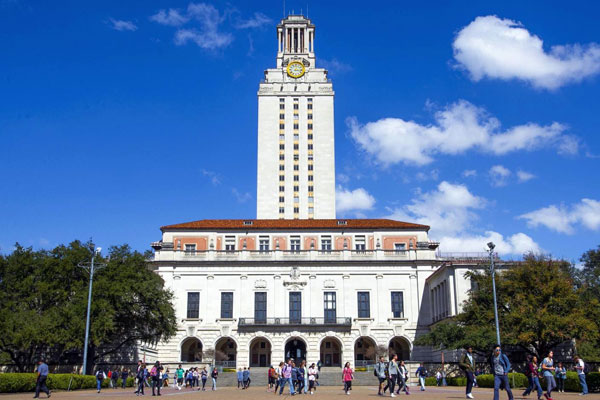- La Feria Community Holds Succesful Business Mixer Event
- Little Nashville to Take Place in Downtown Mercedes
- Lions Basketball Captures District Gold
- La Feria ISD Students Compete in Regional Chess Tournament
- Lions End First Half of 32-4A on a High Note
- La Feria ISD Held Another Successful Parent Conference
- Strong Appearance for Lions at Hidalgo Power Meet
- LFECHS Students Get to Meet Local Actress
- Students Participate in Marine Biology Camp
- Two LFECHS Students Qualify for All-State Band
SCOTUS Upholds Use of Race in Texas College Admissions
- Updated: July 8, 2016
by Mark Richardson
AUSTIN, Texas – The U.S. Supreme Court’s ruling on Thursday, June 23rd, that the University of Texas can consider race as part of its admissions criteria in order to diversify its student body was a bitter defeat for Texas conservatives, who maintain the policy discriminates against white applicants.
But the ruling was an unexpected surprise for minority groups and advocates of affirmative action.
Philip Martin, deputy director of Progress Texas, says after an eight-year journey through the courts, it’s good to have the issue settled.
“What the Supreme Court said was that UT’s policies are working, and that they are good,” he states. “No policy is perfect forever, but right now, the process by which the University of Texas admits students and the affirmative action programs in place are legal and allowable under the law.”

The U.S. Supreme Court had upheld the use of race as a factor in admissions policies at the University of Texas-Austin. Photo: University of Texas
The ruling was 4-to-3 with Justice Elena Kagan recusing herself because she had worked on the issue as solicitor general.
In the end, the justices ruled that a person’s race can be one factor among many in helping colleges and universities achieve student body diversity.
Abigail Fisher, a white applicant who maintained that UT had discriminated against her in its admissions policy, filed the suit in 2008.
She said the university violated her constitutional right to equal protection by using race as one of its deciding factors.
Martin says he hopes the ruling encourages other schools to diversify their student bodies.
“We wish there would’ve been a ninth justice on the court, so there could’ve been a nine-member vote,” he states. “That said, this decision does set precedent for the country, and we hope that universities – not just here in Texas, but across the entire United States – continue to look at using affirmative action in admissions policies. ”
President Barack Obama praised the decision, saying it doesn’t guarantee equal outcomes but promotes equal opportunities.
Several states, including Arizona, California, Florida and Michigan, currently forbid the use of race in their university admissions processes.


